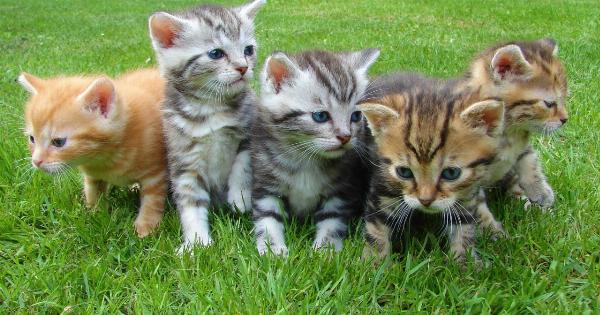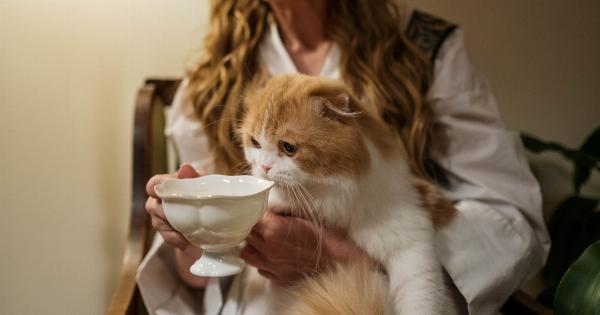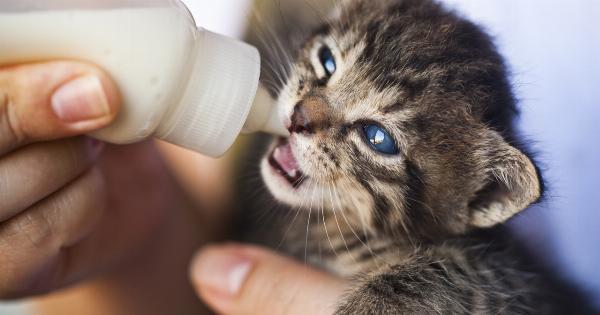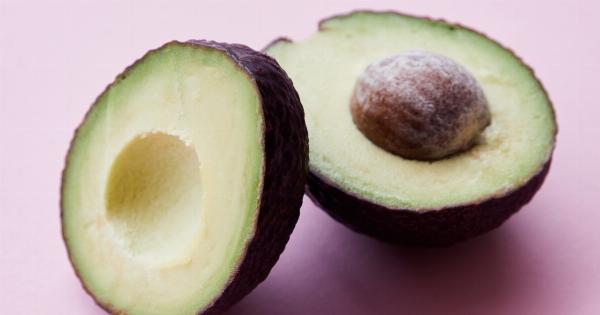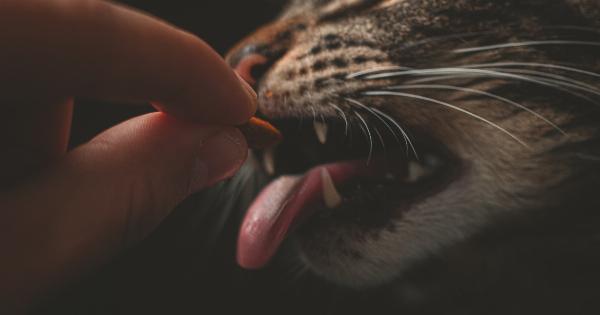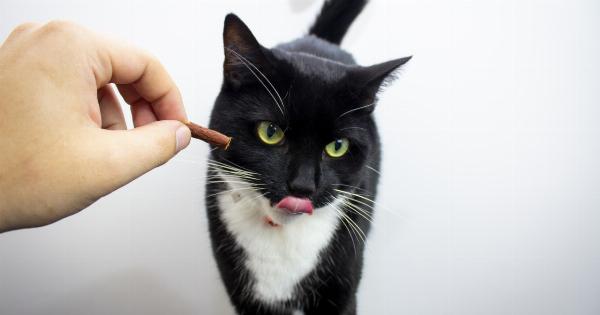Cats, just like humans, can often have sensitive digestion. Whether it’s due to food allergies, sensitivities, or other underlying health conditions, it’s essential to provide them with a diet that supports their sensitive digestive system.
One crucial aspect of a cat’s diet that can significantly impact their digestion is the type and quality of protein they consume.
Importance of Protein in a Cat’s Diet
Protein is an essential nutrient for cats as it serves several critical functions in their bodies. It provides the necessary building blocks for muscle growth, repair, and maintenance.
Additionally, proteins play a vital role in the production of enzymes, hormones, and antibodies that are vital for a cat’s overall health and well-being.
Understanding Sensitive Digestion in Cats
Cats with sensitive digestion may experience a range of symptoms, including diarrhea, vomiting, excessive gas, or abdominal pain. These symptoms can be caused by food allergies, intolerances, or gastrointestinal disorders.
In such cases, it becomes crucial to identify and eliminate the specific dietary triggers that may be causing digestive upset in your cat.
High-Quality Animal-Based Proteins
When it comes to choosing proteins for cats with sensitive digestion, animal-based proteins are often the best choice. Cats are obligate carnivores, which means their bodies require animal-derived proteins to meet their nutritional needs adequately.
Animal-based proteins are not only highly digestible for cats but also contain all the essential amino acids they need for optimal health.
1. Chicken
Chicken is a highly digestible protein source for cats and is commonly found in many cat food products. It is rich in essential amino acids, vitamins, and minerals that support a cat’s overall health.
However, if your cat has specific allergies or sensitivities to chicken, it is essential to avoid this protein source.
2. Turkey
Turkey is another excellent protein choice for cats with sensitive digestion. Like chicken, it is highly digestible and provides cats with essential nutrients.
Some cat owners may find that their cats tolerate turkey better than other protein sources, making it a suitable option for sensitive digestion.
3. Fish
Fish, such as salmon or trout, can be a good source of protein for cats. However, some cats may have allergies or sensitivities to certain types of fish.
Additionally, fish should be fed in moderation and not as a sole protein source as it may lack some essential nutrients that cats need in their diet.
4. Venison
Venison, or deer meat, is a novel protein source that can be beneficial for cats with food allergies or sensitivities. Because it is not a commonly used protein in commercial cat foods, cats are less likely to have developed sensitivities to it.
However, it is essential to introduce venison slowly into your cat’s diet to monitor for any adverse reactions.
5. Rabbit
Rabbit meat is another novel protein source that can be suitable for cats with sensitive digestion. Like venison, it is not commonly used in cat food products, reducing the risk of allergies or sensitivities.
Rabbit meat is generally considered a lean and highly digestible protein option.
6. Lamb
Lamb is a protein source that some cats with sensitive digestion may tolerate well. It is essential to choose high-quality lamb meat to ensure it is free from additives or preservatives that could potentially worsen your cat’s digestive issues.
7. Hydrolyzed Proteins
Hydrolyzed proteins refer to proteins that have been broken down into smaller components, making them less likely to trigger an allergic reaction.
Hydrolyzed proteins can be beneficial for cats with severe food allergies or sensitivities, as they are less likely to provoke an immune response.
8. Novel Protein Diets
If your cat has been diagnosed with specific food allergies or sensitivities, your veterinarian may recommend a novel protein diet.
These diets typically contain protein sources that your cat has not been previously exposed to, reducing the risk of triggering an allergic response. Novel protein diets are often prescription-based and should only be used under veterinary guidance.
9. Limited Ingredient Diets
Another option for cats with sensitive digestion is a limited ingredient diet. These diets contain a minimal number of ingredients, usually a single protein source and a few easily digestible carbohydrates.
Limited ingredient diets can help identify and eliminate potential dietary triggers, making it easier to manage your cat’s sensitive digestion.
10. Grain-Free Diets
While grain-free diets have gained popularity in recent years, they may not be necessary for all cats with sensitive digestion. Some cats may have specific allergies or sensitivities to grains, making a grain-free diet beneficial.
However, grains like rice and corn are generally well-tolerated by cats and offer valuable nutrients, so it’s important to consider your cat’s individual needs when selecting their diet.
Conclusion
Cats with sensitive digestion require a carefully selected diet that supports their unique nutritional needs.
When it comes to proteins, opting for high-quality animal-based sources ensures optimal digestibility and provides the essential nutrients cats need to thrive. Whether it’s chicken, turkey, fish, or novel protein options like venison or rabbit, finding the right protein source for your cat may require some trial and error.
Consulting with your veterinarian can help you create an appropriate diet plan to support your cat’s sensitive digestion and overall well-being.


